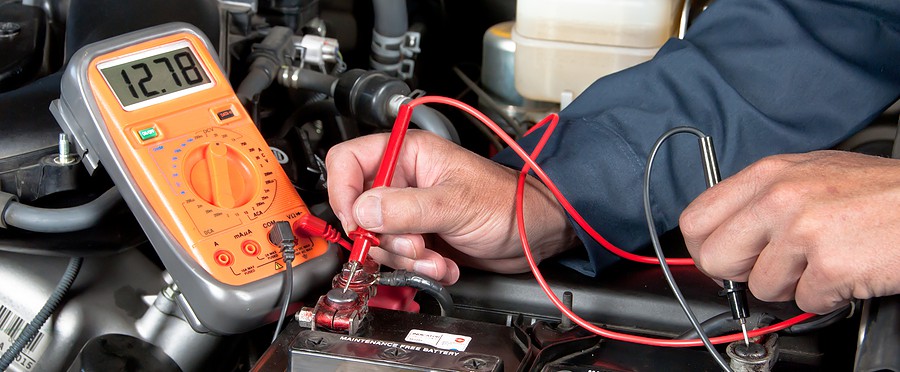Car Battery
Having to pay for a car battery replacement is a painful experience, but fortunately, there are many ways to make your car battery last for the entire warranty period, and even beyond the warranty. More good news is that none of the tips and tricks listed in this article will cost you anything, and by following them, you can save a ton of money by not having to fork out money for a premature and often unnecessary battery replacement. Here is how to make your car battery last as long as it should.
Use the right battery
Apart from anything else, using the right battery for your vehicle is the surest way to prevent a premature battery replacement. Diesel engines are particularly hard on batteries, and using a car battery that cannot produce the correct amount of cranking amps not only damages not only the battery, but the starter motor as well. So when you do have to pay for a battery replacement, make sure you replace the battery with one that conforms to the manufacturer’s specifications.
Keep the battery cool
Hot, humid weather kills more batteries than the coldest winter, so protect your battery by wrapping it in a purpose-made protective cover to protect it from both high ambient temperatures, and high under-hood temperatures.
Keep the battery clean
Batteries that live in hot, humid climates tend to collect a lot of grime mixed with moisture on the casing. At some point, the layer of grime becomes so saturated with moisture that it starts to conduct electricity between the poles. Premature battery replacement is a certain consequence of this, so make sure the top of the battery casing is clean, and kept clean to prevent a slow short circuit.
Ensure good contact
Acid buildup around the poles and terminals happen when acid escapes from the casing through microscopic cracks, so prevent a premature battery replacement by removing acid build-up as soon as it appears. In time, the acid build-up corrodes the terminals, which causes poor contact between the post and the terminal. Moreover, poor contact causes arcing and high resistance, which can kill a battery in very short order. When acid build-up occurs, neutralize it with a solution of bicarbonate and water, and apply a coating of battery sealer to prevent a recurrence.
Maintain the electrolyte level
There is no such thing as a completely “maintenance free” battery, no matter what battery manufacturer’s claim. All batteries that use a liquid electrolyte need to be checked regularly because the electrolyte boils off over time. When this happens, a premature battery replacement is a certainty, but if you are not comfortable with the idea of working with highly corrosive battery acid, you can have the battery checked by a specialist battery dealer at least four times a year.
Go easy on accessories
While automotive electronics have reached a ridiculous level of complexity, the power behind all of the gadgets, trinkets, and control modules that keep your car going still comes from a relatively primitive lead acid battery that needs to be in perfect condition to supply all the black boxes with sufficient power.
So, if you don’t want to pay for a premature battery replacement, go easy on the number of non-original accessories you fit to your vehicle. All gadgets and especially aftermarket audio systems draw amounts of power that the battery was not designed to deliver, so make sure that the total current draw does not exceed the batteries’ capacity.
Secure the battery properly
Batteries that are not secured properly are subjected to vibrations that they were not designed to withstand. Undue vibration can cause internal connections to fail, and while this might take some time to happen, you will almost certainly get no advance warning that it is about to happen. Therefore, the wise thing to do is to make sure that the battery is secured properly, and that nothing can rub against it or collide with it repeatedly. Your battery is supposed to last for up to five years, but it won’t if its internal connections are not protected against impacts and vibrations.

